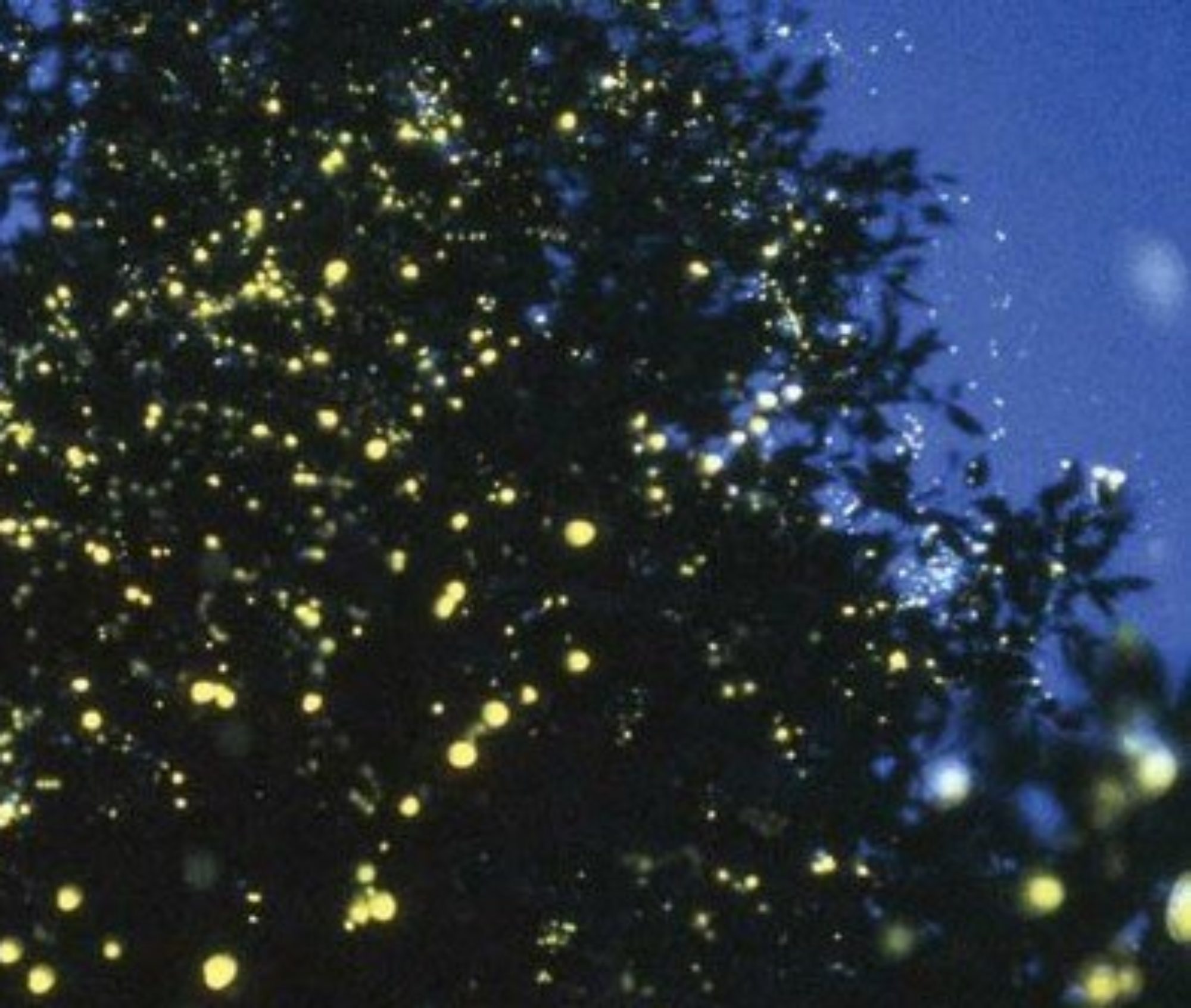I’ve mentioned several times that I enjoy historical novels for a few reasons. One, I’m just a big history buff; and two, I like learning new things. Even if I know the overall theme, there’s usually some nugget of previously unknown information to be found.

Kobo: https://bit.ly/2zEYnU5 Google Play: https://bit.ly/361JE1q
In the case of Her Darkest Hour, I knew that the Germans had invaded France and had taken control of most regions, but I did not remember (based on previous studies) the extent to which they turned everything German. And I did not know that they actually built a camp in France. That was very revealing and educational (and I love that).
As to the plot in general, it was somewhat unique among many WWII historical fiction novels in that there was one time period; there wasn’t a contemporary and flashback. That made it easier to follow each of the girls’ stories.
I liked that the families in question were established wine-makers. Their standing in the town made the decisions of the individual members more intriguing. I was a little confused by the family relations at the beginning, but I got them straightened out. I felt a little better about that later in the book when I found out just why everything seemed confusing.
I thought the author did a pretty good job of embodying the spirits of the French people during the Occupation by giving each of the girls (Juliette, Victoire, and Marie-Claire) different perspectives and attitudes. I do wish there had been more of Juliette; I thought that the novel would be more between the three girls. But her story just sort of disappeared for quite a while.
There was certainly plenty else to focus on, and I found Marie-Claire’s story to be indicative of what many women had to deal with when it came to the Germans who took over. I thought that Jacques’ evaluation of her to be accurate, as she never quite reached her potential and made some poor choices that seemed to be based on trying to make herself feel better. She did not seem to be very deep and ended up reaping what she had sown. I can’t say I’m too sorry about that, honestly.
I did think that the build-up took up most of the book, and then a LOT of events happened in the last quarter of the story. Characters came and went, secrets were revealed, and time sped up. Once the story reached early 1942, events went by at rocket speed, with some only receiving a quick mention.
I understand the importance of laying the background, but I wish that it had been a bit more balanced. The events at the end were quite exciting, as were the actions of the girls, and I would have liked more detail of those. I also felt that a few of the stories were left unfinished or up in the air. It was almost like the author had to wrap it up quickly.
But that didn’t detract from what I learned about the depth of German infiltration into French society (Mein Kampf and German names?!?). It also confirmed that their brand of tyranny and power should never again be allowed to see the light of day.
Post Script: I wasn’t going to add this, but I strongly feel that it needs to be mentioned. It concerns the scene where the Nazis arrived at the chateau and informed Margaux that her livestock, property, and anything she produced belonged to the state. I read that section late at night.
The next morning I woke up to a headline in the news. A legislator in Illinois had proposed legislation that would give the governor the power to confiscate livestock, food, property, clothing, etc. For no other reason except for that he could do so.
I cried.
It was a stark reminder that this type of history should NEVER be repeated. No. Matter. What.
Author Bio
Sharon Maas was born in Georgetown, Guyana, in 1951 and educated in Guyana and England. After leaving school she worked as a staff journalist at the Guyana Graphic and the Sunday Chronicle in Georgetown.
Sharon has always had a great sense of adventure and curiosity about the world we live in, and Guyana could not hold her for long. In 1971 she set off on a year-long backpacking trip around South America. In 1973 she travelled overland to India through Europe, Turkey, Iran, Afghanistan and Pakistan, and spent two years in an Ashram in South India.

Twitter: https://twitter.com/sharon_maas



